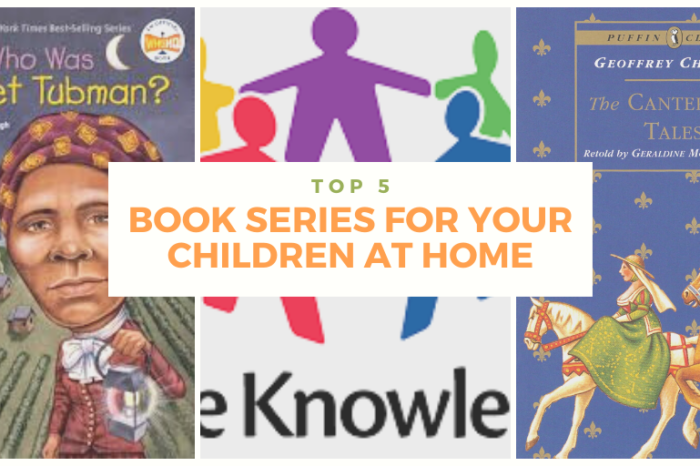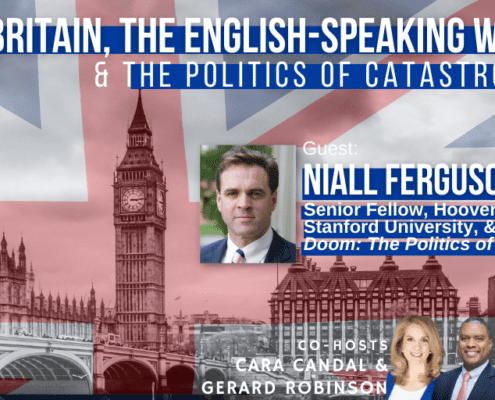5 Book Series Parents Can Explore During COVID-19 School Closings
Looking for quality literature and books to share with your children while we’re all at home for the foreseeable future due to COVID-19? Here are some excellent options that will nurture a love for great classic literature and enduring historical figures:
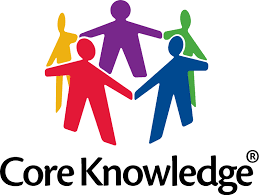 The Core Knowledge Curriculum Series™ provides comprehensive, content-rich learning materials based on the Core Knowledge Sequence. Student readers, teacher guides, activity books, and other materials are available for Language Arts and History and Geography. Many of the Core Knowledge curriculum materials are free, because Core Knowledge is committed to the principle that every child in a democracy should have access to shared, enabling knowledge.
The Core Knowledge Curriculum Series™ provides comprehensive, content-rich learning materials based on the Core Knowledge Sequence. Student readers, teacher guides, activity books, and other materials are available for Language Arts and History and Geography. Many of the Core Knowledge curriculum materials are free, because Core Knowledge is committed to the principle that every child in a democracy should have access to shared, enabling knowledge.
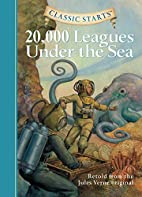 The Classic Starts book series by multiple authors includes such timeless treasures as The Swiss Family Robinson, Treasure Island, Around the World in 80 Days, and so many more.
The Classic Starts book series by multiple authors includes such timeless treasures as The Swiss Family Robinson, Treasure Island, Around the World in 80 Days, and so many more.
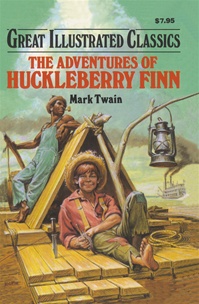 The stories in the Great Illustrated Classics have illustrations on every other page. They’re used by teachers, school librarians, and parents to encourage skill development at various reading levels. They are popular among the homeschooling community, who find them easy to integrate with tutorials and reading exercises.
The stories in the Great Illustrated Classics have illustrations on every other page. They’re used by teachers, school librarians, and parents to encourage skill development at various reading levels. They are popular among the homeschooling community, who find them easy to integrate with tutorials and reading exercises.
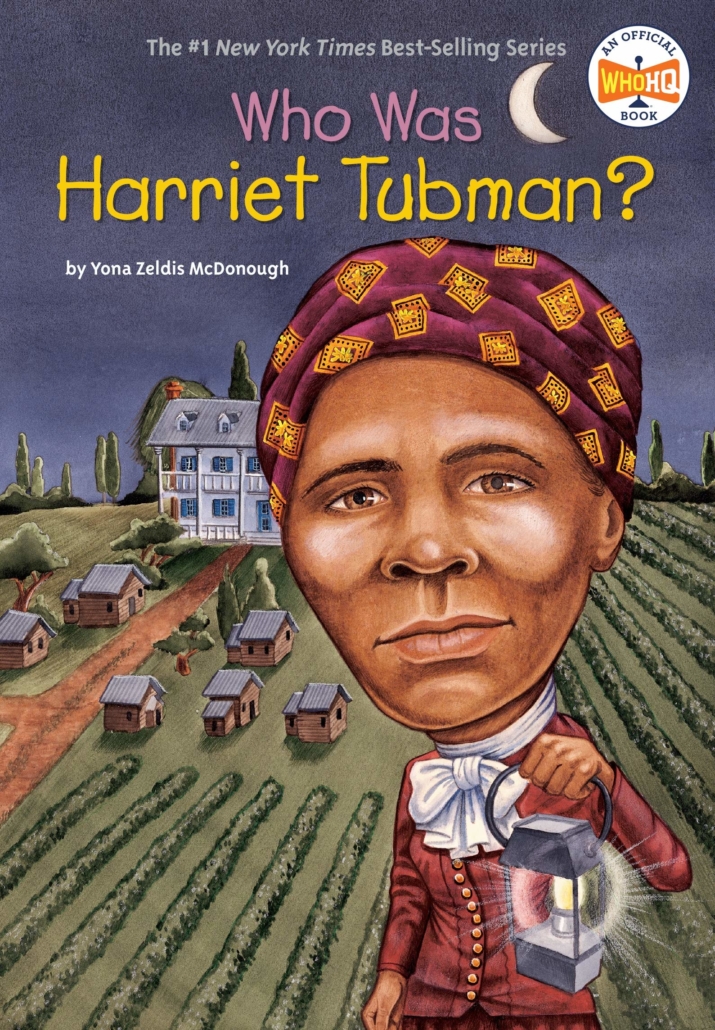 With over 150 titles, Penguin’s Who Was? series tells the incredible stories of trailblazers, legends, innovators, and creators.
With over 150 titles, Penguin’s Who Was? series tells the incredible stories of trailblazers, legends, innovators, and creators.
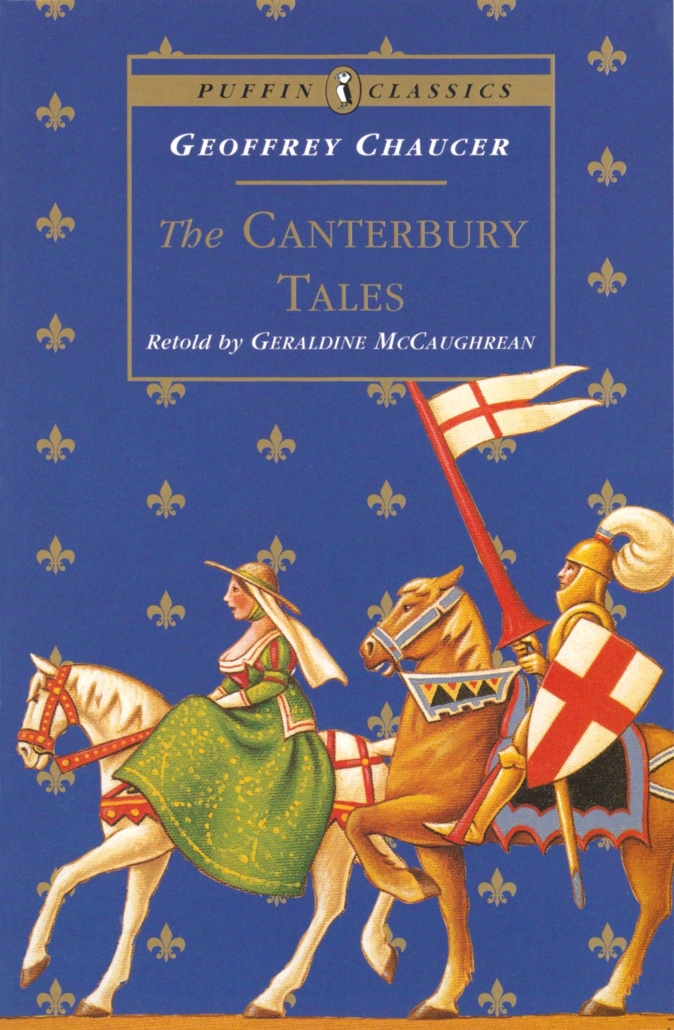 Award-winning children’s author Geraldine McCaughrean (pronounced Muh-cork-run). She has written more than 170 books, including The Canterbury Tales and Gilgamesh the Hero, published in 61 countries and her work has been translated into over 45 languages.
Award-winning children’s author Geraldine McCaughrean (pronounced Muh-cork-run). She has written more than 170 books, including The Canterbury Tales and Gilgamesh the Hero, published in 61 countries and her work has been translated into over 45 languages.
Do you have a favorite series or book recommendation? Share it in the comments below, or via email at pioneer [at] pioneerinstitute.org.
Explore more of Pioneer’s work to promote high-quality liberal arts content for K-12 students.
Get Updates on Our Education Research
Browse episodes of our K-12 education podcast, “The Learning Curve”:

